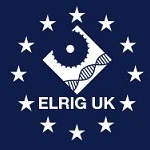
Tuesday, 7 February 2023 to Wednesday, 8 February 2023

|
Tue7 Feb04:50pm(40 mins)
|
Where:
Auditorium
Session:
Plenary Keynote:
|